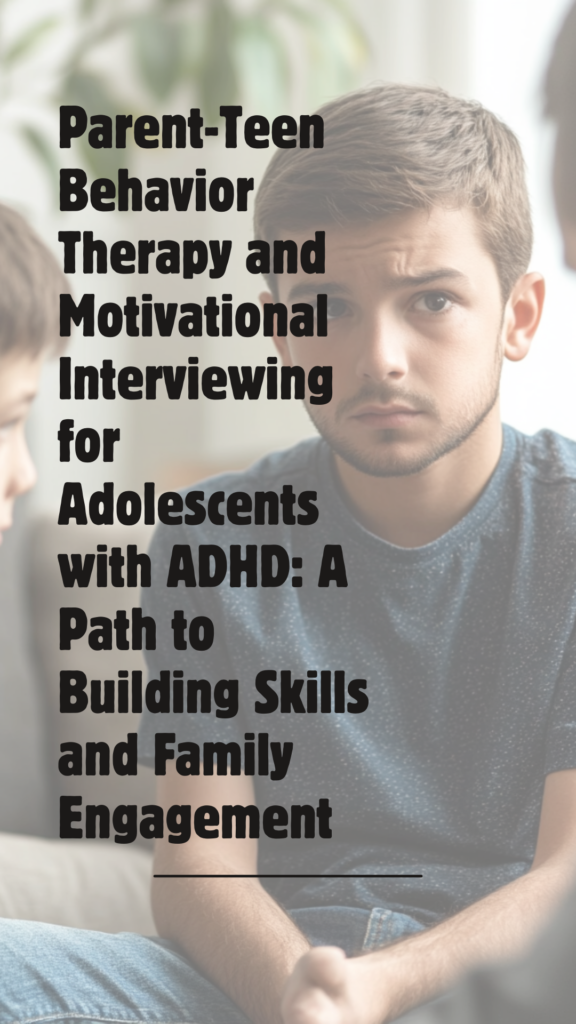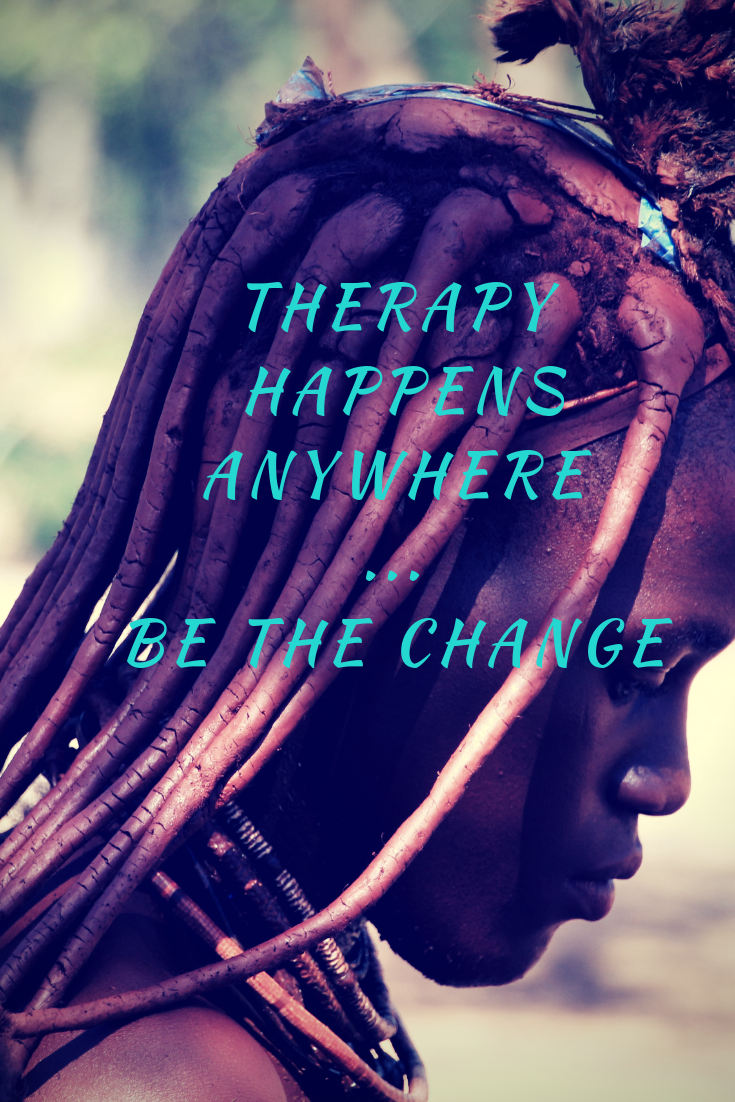
Warning: I am a Neurodivergent Advocate who specializes in Behavior Therapy; take my words with a grain of salt. Attention Deficit/Hyperactivity Disorder (ADHD) can present significant challenges for both teens and their parents, particularly when it comes to organization, time management, and planning (OTP). Fortunately, therapy approaches that blend behavior skills training with techniques like motivational interviewing (MI) are proving to be effective in creating positive change. One such method, Supporting Teens’ Autonomy Daily (STAND), has shown promise in helping teens with ADHD improve crucial life skills while engaging parents in the treatment process.
I have been working with families across New Jersey for over twenty years and have seen how essential it is to foster collaboration between parents and teens to manage ADHD. We all need a bit more buy-in. Let’s talk about how combining skills-based behavior therapy with motivational interviewing can enhance family dynamics, reduce ADHD symptoms, and promote long-term success for adolescents.
The Power of Parent-Teen Behavior Therapy
ADHD affects not only the individual but the entire family system. Managing the disorder requires more than medication—it often involves developing practical life skills and improving communication between parents and teens. The STAND program targets both adolescent-specific skills like OTP and parent-based strategies such as monitoring and contingency management. By incorporating motivational interviewing, this therapy style helps families work together to foster autonomy and accountability in teens. Keep in mind that there are no perfect parents; there are just parents who are trying to get better.
Motivational interviewing (MI) is a collaborative counseling approach designed to enhance a person’s motivation to change. I first learned MI about 18 years ago, as it was used primarily for clients with addictions. The technique is powerful. For teens with ADHD, MI encourages self-directed growth by helping them discover personal reasons for improving their behaviors, like organization and time management. Coupled with behavior therapy, which focuses on setting clear goals and reinforcing positive actions, this method leads to tangible improvements in daily life.
How STAND Therapy Works
In the STAND program, families participate in joint sessions that focus on building skills for both teens and their parents. Teens learn essential OTP skills to help them manage schoolwork, chores, and personal responsibilities. Meanwhile, parents are guided in implementing contingency management strategies, like establishing contracts and privileges, to reinforce positive behavior at home.
Research shows that programs like STAND lead to immediate reductions in ADHD symptoms and improvements in homework completion, daily planning, and parent-teen communication. In fact, a recent randomized trial found that 85% of families engaged fully in the program, reporting reduced parenting stress and better daily organization for their teens.
The Long-Term Impact of Skills-Based Behavior Therapy
While the short-term results of skills-based behavior therapy for ADHD are encouraging, maintaining these gains over time requires ongoing effort. The STAND study found that 6 months after treatment, improvements in ADHD symptoms, OTP skills, and reduced parenting stress persisted. However, some gains—such as consistent homework recording and parent-teen contracting—faded without ongoing support.
This highlights the importance of creating sustainable routines and habits that continue beyond the therapy room. In my practice, I work with families to establish long-term strategies that build on the foundation laid during therapy. It’s about more than just managing ADHD—it’s about helping teens build resilience, independence, and a strong sense of self-worth.
Building Resilience and Autonomy
Fostering resilience in adolescents with ADHD means helping them develop a growth mindset and the ability to adapt to challenges. Therapy isn’t just about addressing the symptoms of ADHD; it’s about equipping teens with the tools they need to navigate life’s ups and downs. By involving parents in the process, teens feel supported and empowered to take control of their own growth.
One of the best ways to promote resilience is through daily routines that encourage self-regulation, mindfulness, and accountability. Whether it’s maintaining a homework log or setting aside time for self-reflection, these practices help teens stay on track and build a foundation for future success.
Behavior Therapy: Support Your Teen’s Journey with Holistic Supplements
Looking to further support your teen’s growth and resilience? Visit our Holistic Store to explore our range of wellness supplements that promote focus, mental clarity, and emotional balance. Our products are designed to complement therapy, helping your teen feel their best as they work toward building lifelong skills.
PS: Are you a culturally competent IIC clinician passionate about guiding others toward resilience? Our practice is growing, and we’re hiring in New Jersey! Check out our Careers page for current openings and join a team dedicated to fostering impactful, inclusive mental health support.

